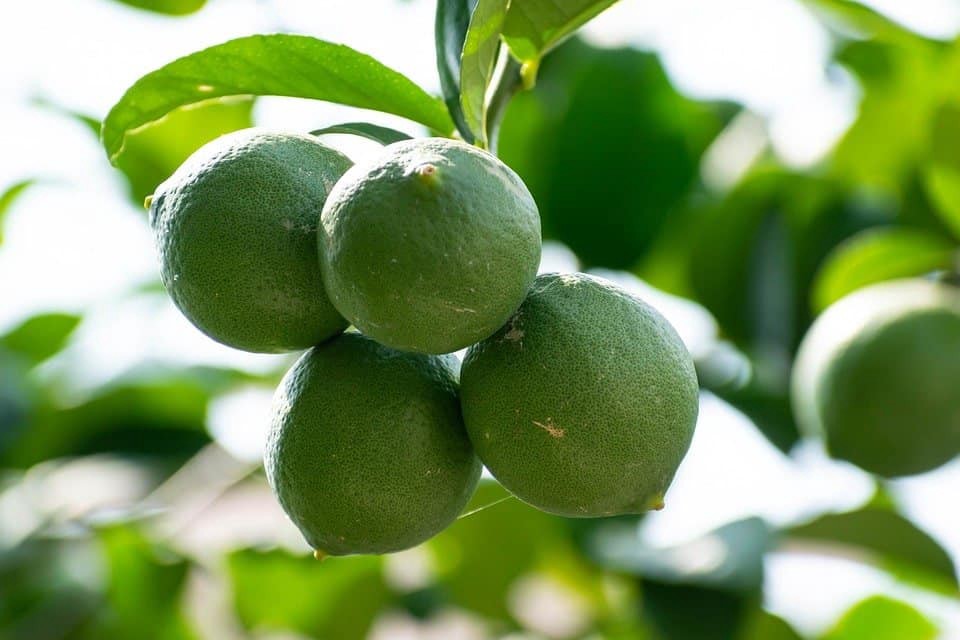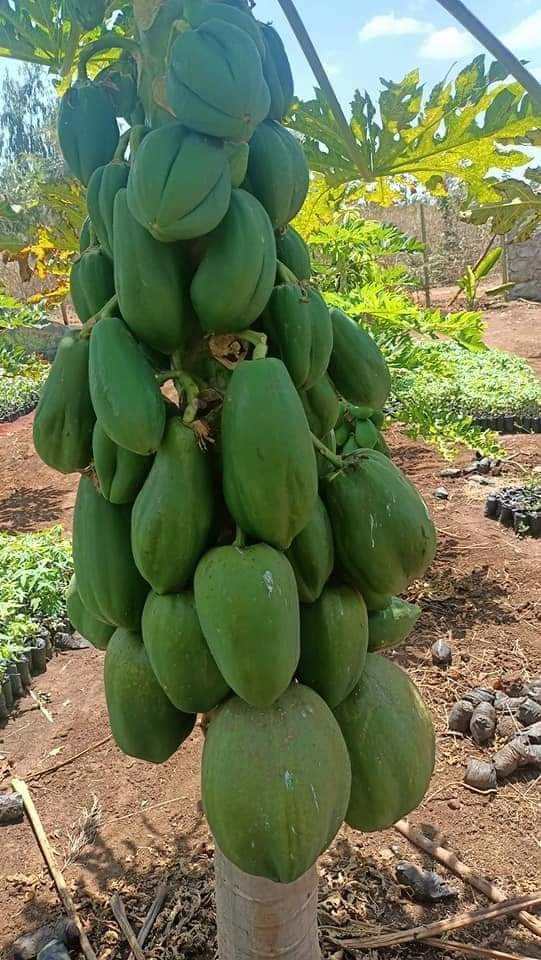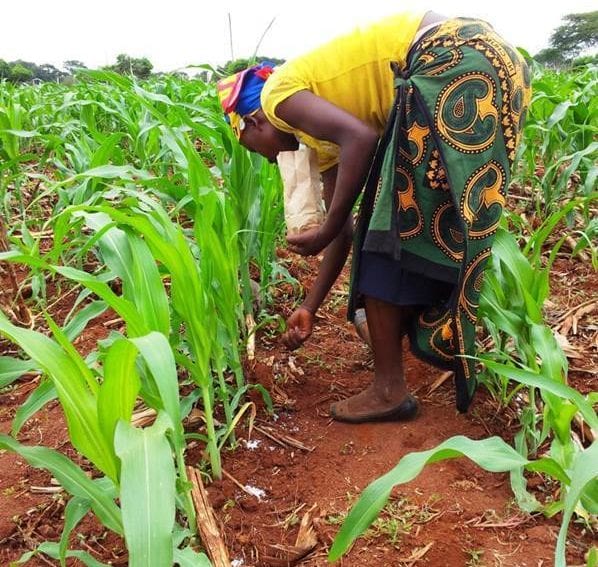Lemon farming is a lucrative agribusiness that only a small number has tapped. They have high demand both in the local and export markets. With more emphasis on value addition and an increasing number of juice makers, lemon farmers have a myriad of opportunities. They are an essential source of vitamin C, are highly nutritious, and have a wide range of health benefits. Here are three key tips that can help you scale up your profits.
- Employ proper post-harvesting strategies
Post-harvesting losses can be disappointing to any farmer. If you try to store only those lemons that are supposed to be sold in a specific period, you should expect some of your produce to go bad. If you have too many ahead of time, you might end up with many unsold lemons at the end of the day. You also need proper storage facilities and equipment to keep your fruits in perfect condition.
Cut lemons have a shelf life of only 3 to 4 days while under refrigeration. Whole lemons can last up to 1 week under conducive conditions and up to 3 weeks in a fridge. However, to increase their profits and prolong the shelf life, farmers should consider investing in value addition. Some of its benefits include:
- Increasing the shelf life
- Creating products with unique taste and aroma
- Increasing the profits from more acidic fruits with a rich fragrance
- Understand the market
Lemons are seasonal fruits, so having a reliable supply is crucial to stay competitive in the local and export markets. You need to conduct a price risk analysis, find out the price range of your fruits at different times of the year, and understand the local markets that you should target. Locally, you can sell the lemons to supermarkets, hotels and restaurants, bars, open-air markets, groceries and food joints, lemon processors such as juice and beverage companies. Farmers can target areas where the demand is high in the export markets, especially in Europe and Asia. The Netherlands, Germany, France, the United Kingdom, Italy, and Spain provide an excellent market for lemons. You should employ proper and sustainable orchard management practices and maintain a high fruit quality to penetrate the export markets.
- Invest in value addition for lemons
Value addition is an important way that can help in increasing the revenue from your farm produce. Lemons are used in various industries such as food, chemical, perfumery, and pharmaceuticals.
For instance, they are used to make preserves, juices, salads, soups, sauces, and substitute vinegar. Besides, lemons are used to prepare desserts, condiments, pickles, cocktails, lemon tea, and fruit curries.
The peels are also edible and are candied with sugar ad served on cakes and fruit salads. Also, they are used to make lemon powder which is used to add flavor and aroma to food.
In the pharmaceutical industry, they are used in making perfumes, medicines, and cosmetics. Also, lemons are used in chemical laboratories for procedures such as determination of alkalis, acids and cyanide, extraction of caffeine from coffee, and extraction efficiency studies of some oils.
Lemons are used in chemical laboratories for many procedures, including the determination of alkalis, acids and cyanide, extraction efficiency studies of some oils, extraction of caffeine from coffee.





